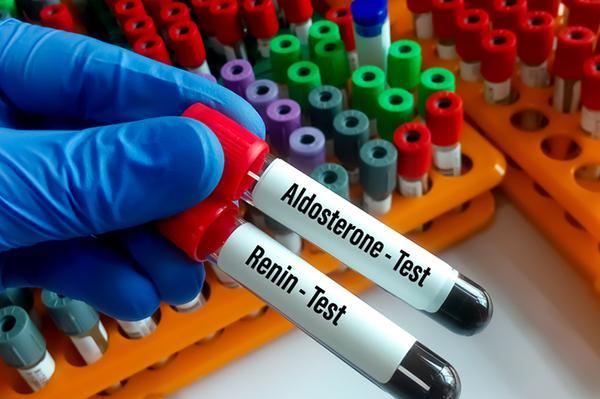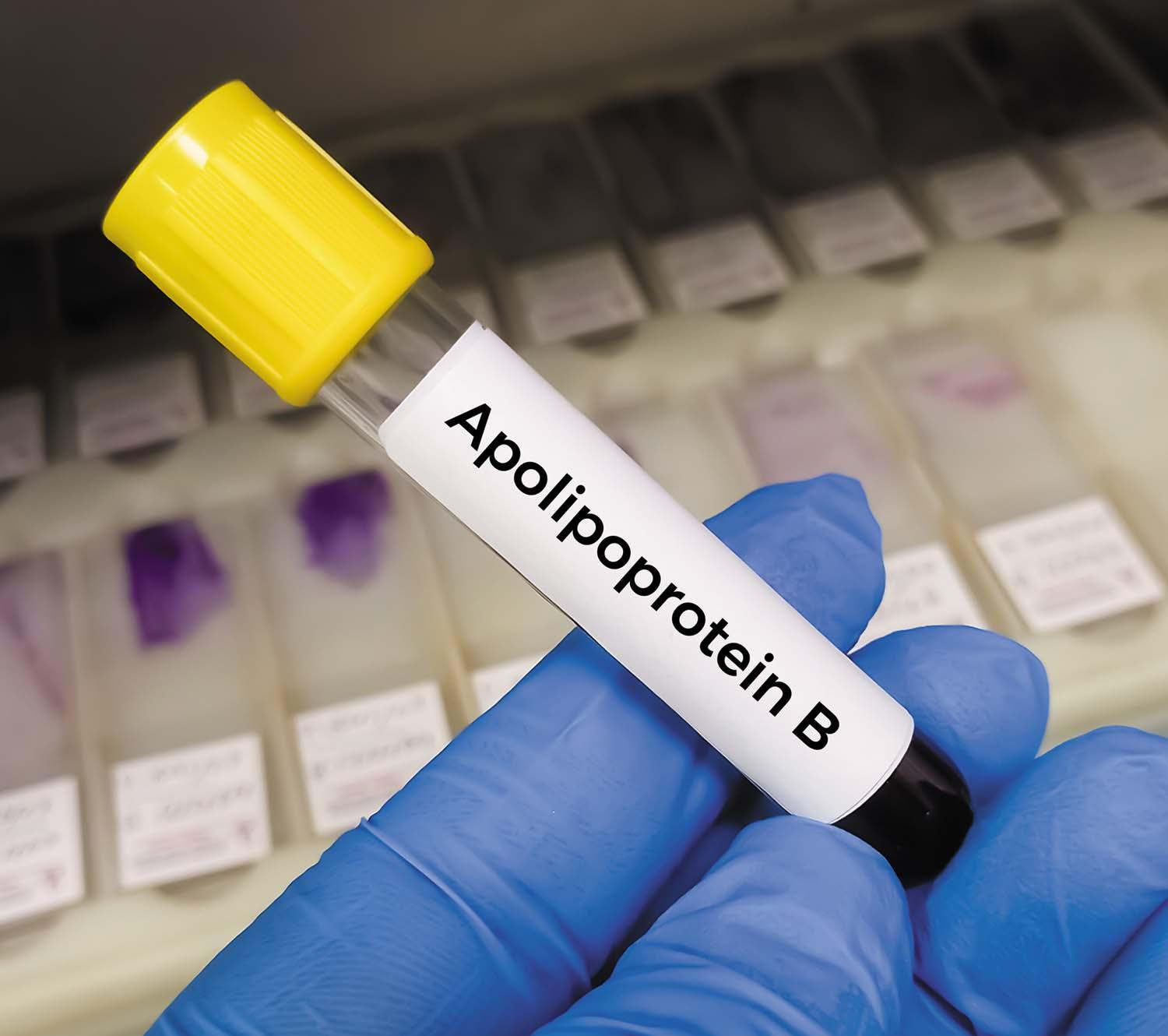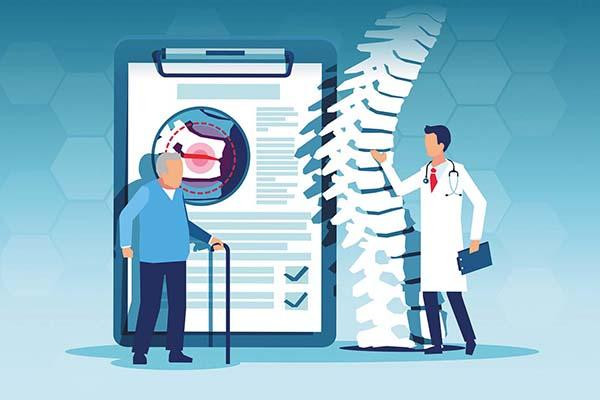
What are somatic workouts?

How to curb your stress eating

How to spot Parkinson’s disease symptoms

8 simple ways to reduce ultra-processed foods in your diet

Heart failure symptoms in women: How they’re different

GERD diet: Foods to avoid to reduce acid reflux

Strong is the new skinny

Everyday habits that sneakily weaken your bones

Don’t wait to get help for back pain

Correcting how you walk may ease osteoarthritis knee pain
Medical Tests & Procedures Archive
Articles
Aldosterone overload: An underappreciated contributor to high blood pressure
Elevated levels of aldosterone (a hormone that regulates water, sodium, and potassium in the body) is an underrecognized and undertreated contributor to high blood pressure.
Finding and fixing a stiff, narrowed aortic valve
A narrowed aortic valve (aortic stenosis) affects about one in 20 people over age 65. Medical therapies for treating this progressive disease are under investigation, and a recent study explored the potential benefits of proactive valve replacement.
What is a cardioversion procedure?
Electrical cardioversion is generally a safe, painless procedure used to convert a rapid or irregular heartbeat (such as atrial fibrillation) back to a normal rhythm. It’s done under sedation and takes only a few minutes.
Can you stop blood thinners after an ablation for atrial fibrillation?
After a successful catheter ablation to treat atrial fibrillation, some people may safely stop taking anti-clotting medications. But the decision to discontinue those drugs depends on a person’s underlying risk of stroke rather than the success of the procedure.
Is an apoB test a better way to check your cholesterol?
ApoB is a protein that attaches to harmful fat particles in the blood to form lipoproteins, including low-density lipoprotein (LDL). An apolipoprotein B (apoB) test counts the number of LDL particles in the bloodstream as well as other particles that can contribute to clogged arteries and heart attacks.
When do I need an imaging test for my back pain?
An x-ray, CT scan, or MRI is usually not needed for addressing low back pain unless people have other symptoms or risk factors for a serious condition. Short-term rest, heat or cold, and over-the-counter medication can ease discomfort until the back pain goes away.
What can I expect during an endometrial biopsy?
An endometrial biopsy is the only way to rule out endometrial (or uterine) cancer. Any vaginal bleeding a year or more after a woman’s final period raises the possibility of uterine cancer. The biopsy involves using a suction tube to gather cells from the uterine lining.
New thinking about plaque in arteries that feed the brain
Carotid artery stenosis, which happens when fatty plaque accumulates in neck arteries that supply the brain, leaves people vulnerable to a stroke. Intensive drug therapy may forestall the need for invasive procedures to treat this problem.
Risk-based breast screenings as effective as annual mammograms
A 2025 study suggests that adjusting the intensity of breast cancer screening based on individual risk factors is as effective as annual mammograms.
Prostate cancer screening keeps getting better
With advances beyond blood tests to screen for prostate cancer, men and their doctors now have additional—and better—information to guide diagnosis and potential treatment. Examples include MRI scans and also urine tests that look for biological markers of cancer.

What are somatic workouts?

How to curb your stress eating

How to spot Parkinson’s disease symptoms

8 simple ways to reduce ultra-processed foods in your diet

Heart failure symptoms in women: How they’re different

GERD diet: Foods to avoid to reduce acid reflux

Strong is the new skinny

Everyday habits that sneakily weaken your bones

Don’t wait to get help for back pain

Correcting how you walk may ease osteoarthritis knee pain
Free Healthbeat Signup
Get the latest in health news delivered to your inbox!
Sign Up











